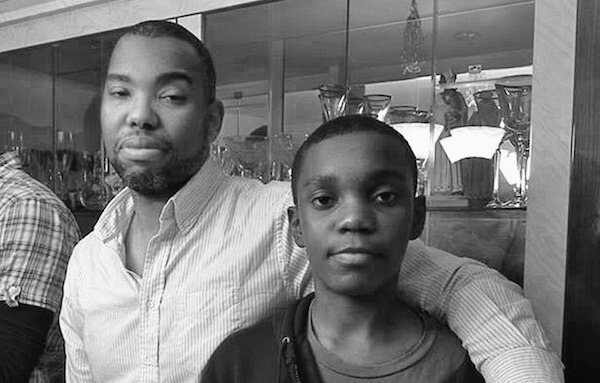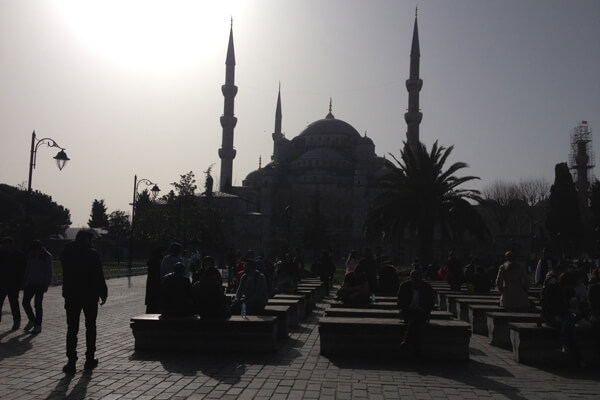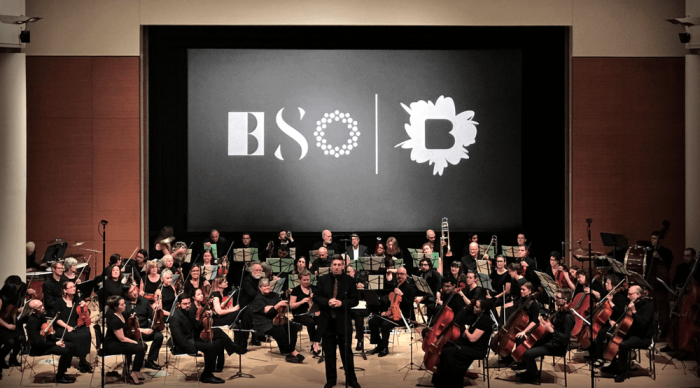In “The Myth of the Gay Community,” a recent college graduate concludes that given the “diverse identities and needs” of LGBT individuals there is no “monolithic” gay community.
Outside of those pushing far right fantasies about a “homosexual agenda,” few would pretend that gays could be reduced to cookie cutter sameness.
But for Evan Beck, writing in the Atlantic, these disparate elements are unhinged and the community is scattering. The “links” are not “strong enough,” he writes, to maintain a community “whose different interests and needs will not always align, if at all.”
But this misses the point. We create a community to keep diverse interests aligned.
His view may provide ideological cover for gays joining the Republican Party or drifting into the pro-business wing of the Democrats without insisting that if we help them, they must support the gay community. If no community exists then personal concerns are paramount.
The author has a passing familiarity with gay history, but misses a crucial point. The gay community was a political invention of gay liberation intended to influence the halls of government. It was progressive because the times were progressive and the opposition wasn’t. The initial battle was with the Democrats. Traditional ethnic and machine Democrats were anywhere from lukewarm to outright hostile. The Catholic Church was opposed as were most Protestant denominations. Parents worried their children might be turned if homosexual practices weren’t condemned.
Just as the feminist community had to work to create fellow feeling among women, so the gay community had to bring together cisgender gays and lesbians, transgender men and women, drag queens, the romantic and the backroom denizens, those who wore sweaters and those who flashed leather and chains, the snobbish and the unassuming.
The movement insisted white gays can and should get along with blacks and other people of color. To be sure, racism was a problem in the community — and it remains so today. But overcoming that barrier and not allowing such differences to divide us became a cardinal principle in the movement. We were not brain dead and knew the struggle for civil rights by people of color offered sensible roadmaps for sexual minorities. And we were making moral choices with our alliances.
Divisions continue in the community more than 45 years after Stonewall, but the LGBT community’s role as a vital part of the democratic wing of the Democratic Party has only grown as we have become an increasingly important part of the progressive movement. Beck’s musings ignore that, and their ideological underpinnings implicitly challenge that alliance.
Achieving legal equality is only one part of what our community came together for. Beck maintains the imminent victory of marriage means that “the final frontier of gay rights has been reached: the ability to assimilate into the mainstream.” Put aside for the moment the fact that even with the right to marry, LGBT Americans will still lack comprehensive federal civil rights protections in other key areas of life. The bigger issue to consider is whether the point of decades of struggle has merely been to conform to mainstream norms.
Many queers have also hoped to change the mainstream; culture is every bit as important as the law. Tolerance is the new norm, but straight concessions to how natural our lives are remain tentative. The LGBT community continues to live in a cultural atmosphere of presumed heterosexuality. The notion that homoerotic impulses are widespread in people continues to be resisted, and sexual hypocrisy remains a bulwark.
Homosexuality may not be transgressive, but defying gender norms remains taboo in most cultural settings. Many of us “pass,” with a good number still embarrassed to be associated with those who won’t or can’t. Transgender Americans, for the most part, still live perilously close to the tensions and hostility that spawned queer liberation in the first place. It is the youngest among the LGBT community who seem to understand that best — with many gay men and lesbians under 30 acknowledging that challenging gender norms is a big part of their goal of building a nurturing and egalitarian culture. It is a lesson learned over and over again in the campaigns against bullying and for safe schools.
And backlash still looms — on the legal and cultural front. In response to a federal marriage equality court win in Alabama, that state’s chief justice announced the Alabama Supreme Court would not be bound by it. Resistance on high like this will surely embolden those on the ground, like probate court judges who have the authority to issue marriage licenses. Like George Wallace, these nullifiers will not carry the day, but they will be ongoing reminders of the hurdles LGBT Alabamans, who enjoy no other statewide civil rights protections, face every day. Anti-homosexual animus is alive and well.
With similar challenges facing people of color looking to engage in the most basic of civic rights — voting — it’s obvious that LGBT Americans continue to share common cause with other marginalized communities in the US. Surrendering our identity as a community amidst this ongoing struggle — which Evan Beck seems to suggest we’re now able to do — simply invites attack and foolishly allows our political strength to atrophy.
































